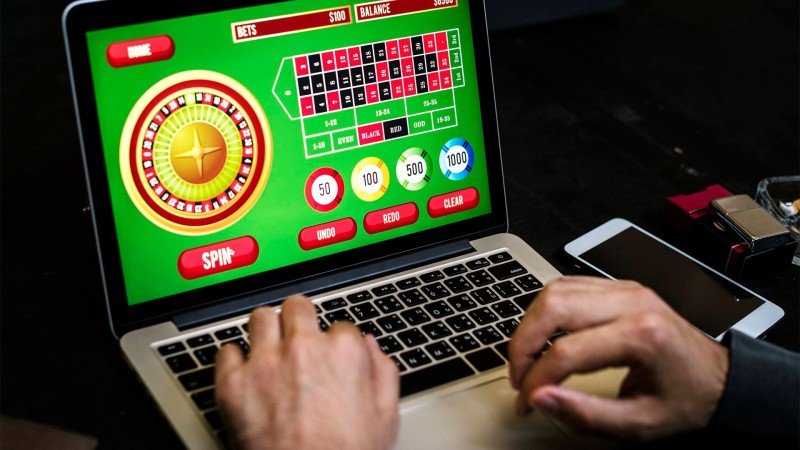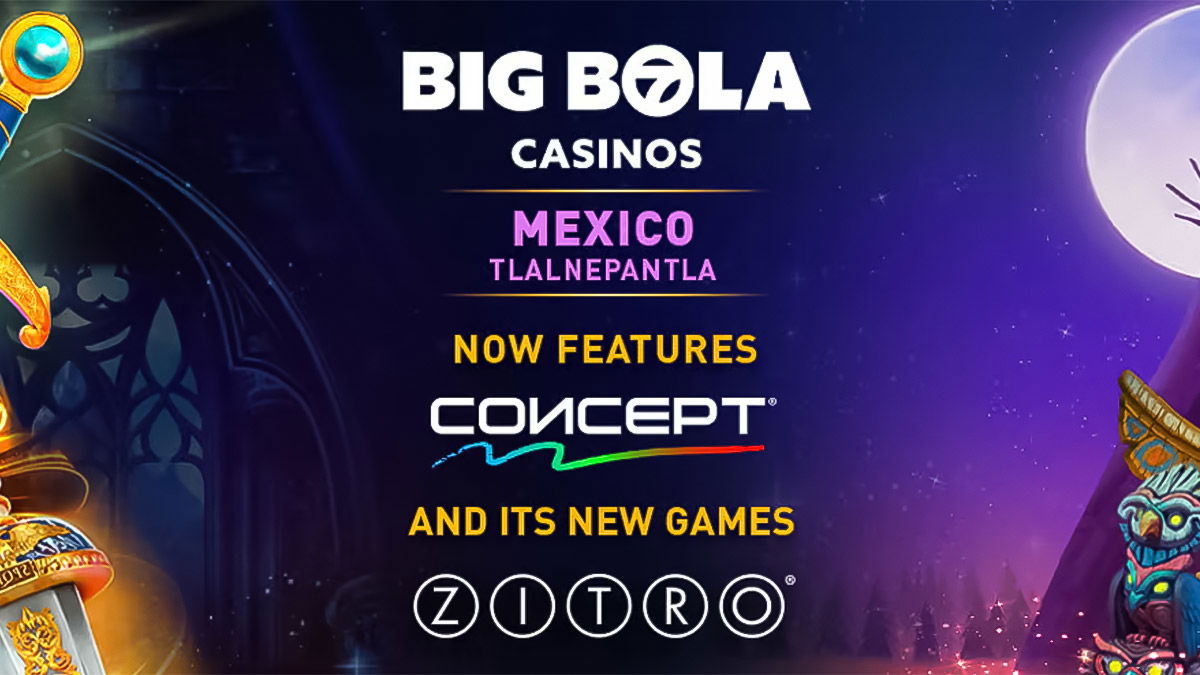Provably Fair vs RNG: Make the best choice for your gambling site

Ron Mendelson is the Director of Costa-Rica based International Business & Corporate Services consultancy firm, Fast Offshore. With over 24 years of real-world experience in iGaming Licensing and Payments, Regulatory Compliance, Tax-Efficient Corporate Structuring, Incubator and other Hedge Fund Licenses, Blockchain and Cryptocurrency related services, he advises a number of international clients on their business needs in the Americas, Europe, and beyond.
When setting up an online casino or gambling site, you will need to figure out how you will generate numbers and random events within your games. Not only is this an essential part of how your operations will work, but your licensing authority requires it to be specified and often certified.
But what are the options? Right now, you can choose between provably fair and random number generators. But what are they, what are the pros and cons of each, and how do you decide which is right for you?
What is provably fair?
In the online gambling sector, the concept of provably fair refers to an algorithm that’s used to ensure that games and gambling activities are conducted fairly. This algorithm can also be used in other activities such as digital contests and giveaways, on trading exchanges, and even in a digital treasure hunt! This algorithm is then analyzed by a third party who will verify whether it is provably fair within the requirements of the service provider and or regulator.
This method, which utilizes encrypted hashes that are sent to players, also gives the player the ability to check that the outcome of each game or bet is fair. The results are stored in an immutable record on the blockchain. They can rest assured that it wasn’t tampered with in any way and that no cheating took place.
Provably fair online gambling is predominantly used with bitcoin or cryptocurrency gambling sites.
Pros
- If you are using a provably fair system, there is often no need for third-party authentication or verification. Additionally, you will likely not be required to complete an audit.
- The provably fair system provides a high level of trust for players as the operator is unable to interfere in, or tamper with the system.
- It allows players to analyze their bets and actions and compare them with the outcomes, providing full transparency.
- Provably fair online betting sites typically have a higher RTP. This is a great selling point when attracting clients in a competitive market.
Cons
- Provably fair software and systems are typically open-source and developed by the community. While this is helpful for operators, it also exposes them to the risk of hackers. Open-source software can sometimes be at risk of undisclosed loopholes and bugs which can be exploited by nefarious actors. While it’s not likely, it’s wise to be aware and take precautions.
What is RNG?
RNG stands for random number generator. It is a system that randomly generates a variety of numbers or other items which cannot be predicted better than by means of random chance. The mathematical system will display numbers selected at random and are typically used in roulette, lotteries, blackjack, baccarat, and similar.
The concept of RNGs has existed for millennia, but in recent years they were digitized and applied to various sectors, including online gambling. Most, if not all online casino licensing authorities require the operator to have an RNG. This must often be certified by a third party and the certificate must be presented to the authorities.
The RNG system is typically used by conventional online gambling sites, but it is used on cryptocurrency casino sites as well.
Pros
- An RNG can be used with cryptocurrency gambling sites and fiat currency gambling sites. It can also be used with a variety of different games, not just gambling ones. There are also a wide number of RNGs, depending on your specific needs.
- RNGs are considered reliable and secure by most regulators. Furthermore, they are regularly tested.
- The RNG system provides a high level of randomness suitable for online gambling games.
Cons
- Similar to provably fair systems, an RNG can also be hacked. Backdoors can be placed into the system which can then be used to alter or tamper with outcomes.
- The fairness of an RNG is decided by a third party that the operator must trust.
Which is best?
There is no clear-cut answer to this question. Which system is best for you, will depend on the type of platform you want to operate. It will also hinge on what payments you accept, who your clients are, and the requirements of regulators. When making this decision, it’s wise to consult your corporate service provider. Fast Offshore cannot provide RNG or provably fair systems to you, but we can help you set up your online gambling company. We can advise on the requirements of your licensing jurisdiction and assist with your gaming license application. Additionally, we can help you incorporate your gaming company, establish your settlement accounts and payments, and ensure you are compliant with all necessary standards. All you have to do is ask!



















































